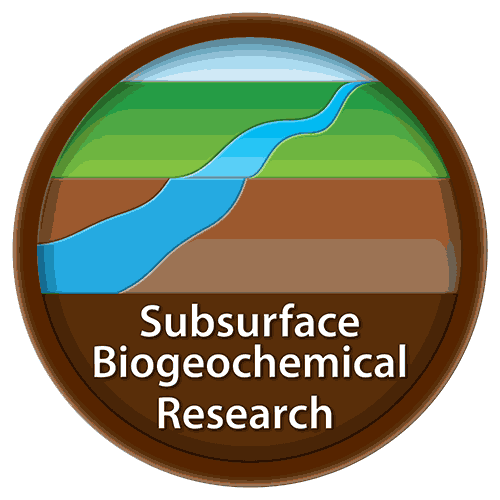
David Krabbenhoft
(Chair) U.S. Geological Survey
David Krabbenhoft is a Senior Research Scientist with the U.S. Geological Survey (USGS), located in Middleton, Wisconsin. Dave began working on environmental mercury sources and cycling in 1988, and the topic has since consumed his professional life. In 1993, Dave established the USGS’s Mercury Research Laboratory, which includes a team of multi-disciplinary mercury scientists and a state-of-the-art analytical facility strictly dedicated to low-level speciation analysis of mercury. Currently, Dave’s research team is active on projects that span environments as far ranging as the world’s to freshwater systems from Alaska to Florida, California to New England, and more recently across the Great Lakes. While environmental mercury research has been his focus since 1988, the specifics of his research team are wide ranging, including: atmospheric mercury sources and transport at local-to-global scales; cycling and fluxes of mercury in aquatic and terrestrial ecosystems; biogeochemical controls on the bioavailability of mercury to methylation; and most presently the development of a global ocean model for understanding the distribution of methylmercury across the world’s ocean basins. Dave continually serves on a number of interagency committees and panels, including presently as a technical expert to the United Nations Environmental Program’s Minamata Convention. In 2006, he served as the co-host for the International Conference on Mercury as a Global Pollutant, which was attended by over 1,200 researchers representing 54 countries across the globe. Since 1990, he has authored or coauthored over 140 papers on mercury in the environment. In 2015, Dave was promoted by USGS, Department of the Interior to Senior Research Scientist, the highest level attainable by a scientist in the federal government system.













